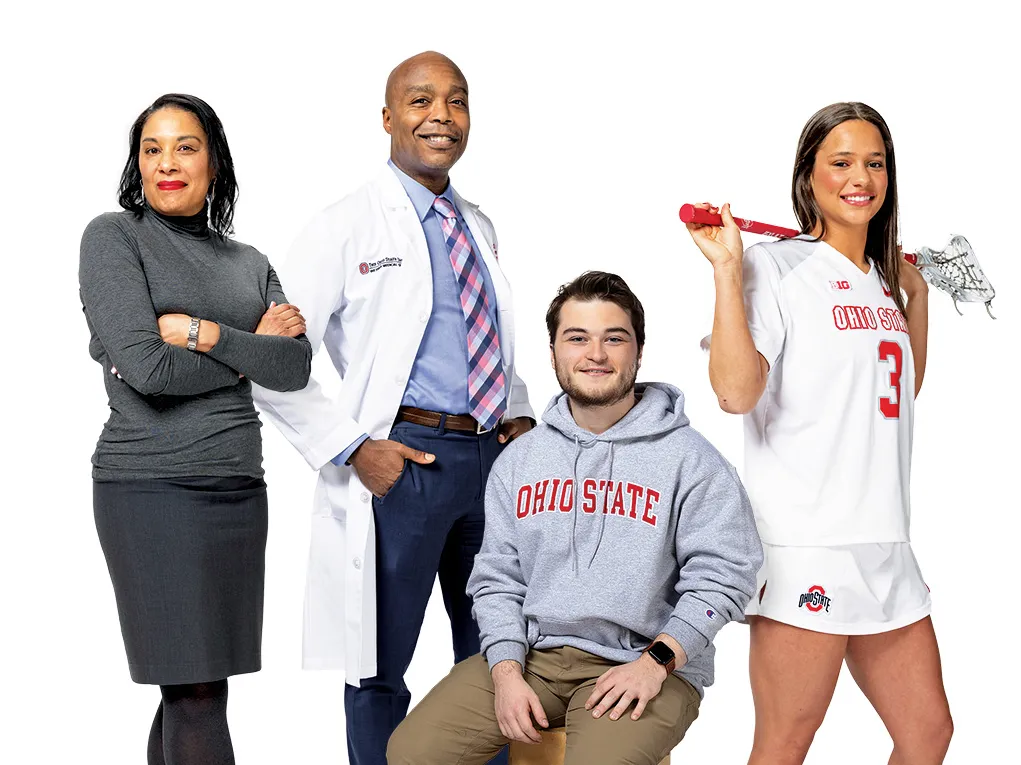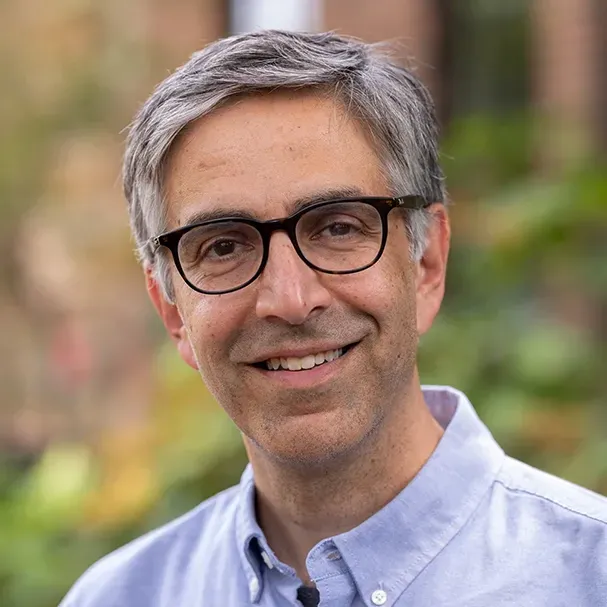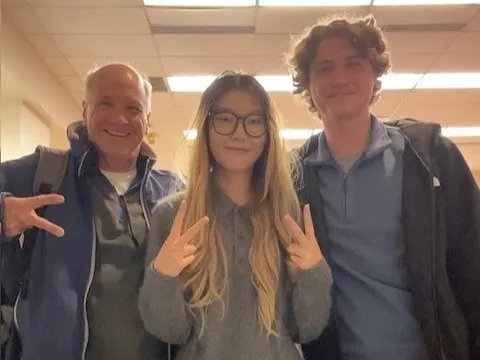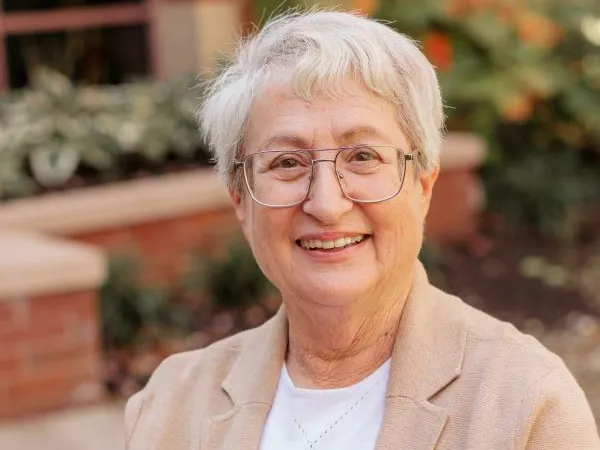‘Time and Change’ is lifting up faculty members
Meet Professors Sakima Smith, Margaret Kwoka and Ange-Marie Hancock who are thriving thanks to endowed positions created by donors.
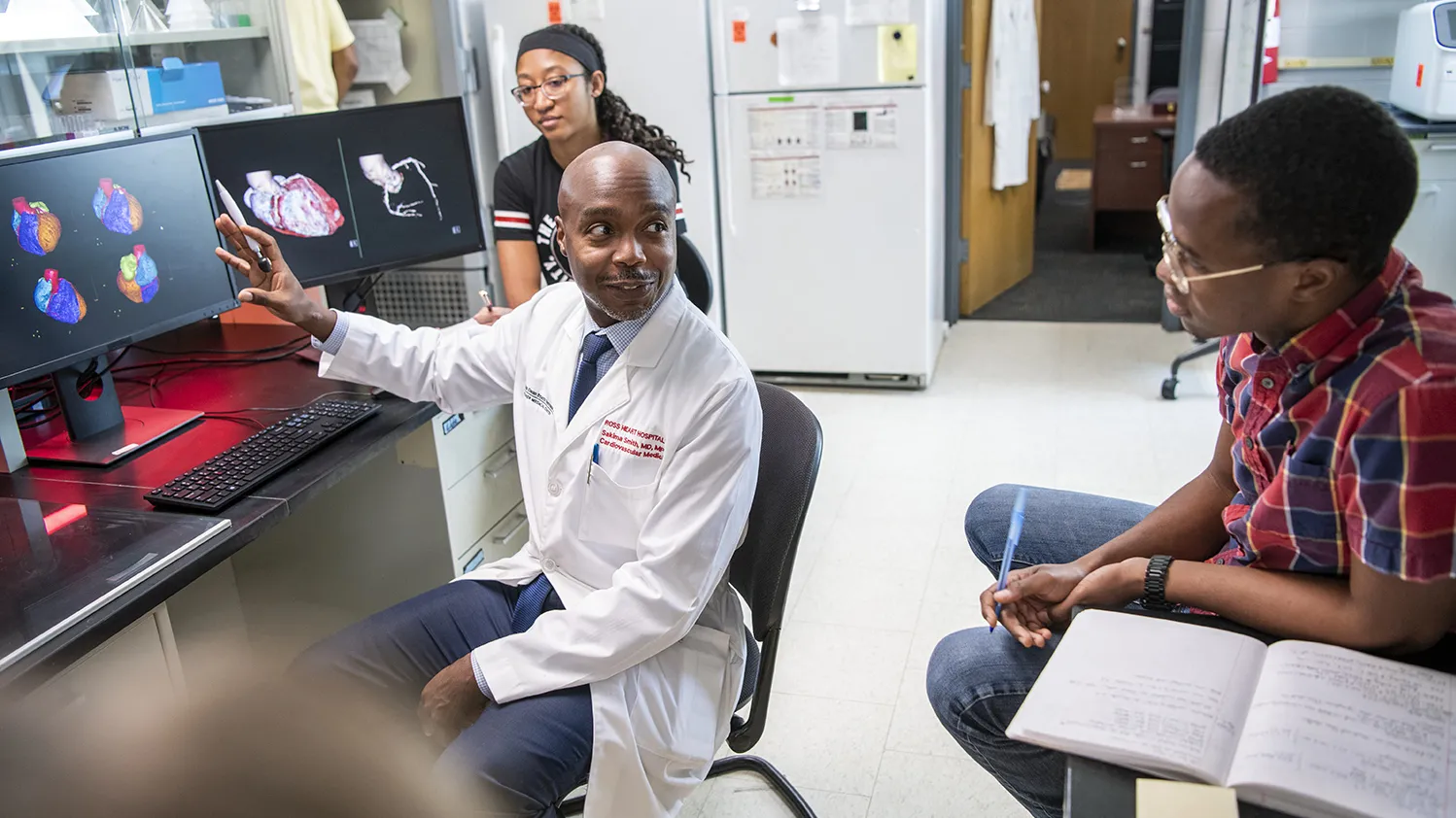
Dr. Sakima Smith, the Bob Frick Research Chair in Heart Failure and Arrhythmia, is studying the links between cancer treatment and heart disease. His endowed position has helped him grow his lab, recruit students and conduct foundational research. (Photo by Logan Wallace)
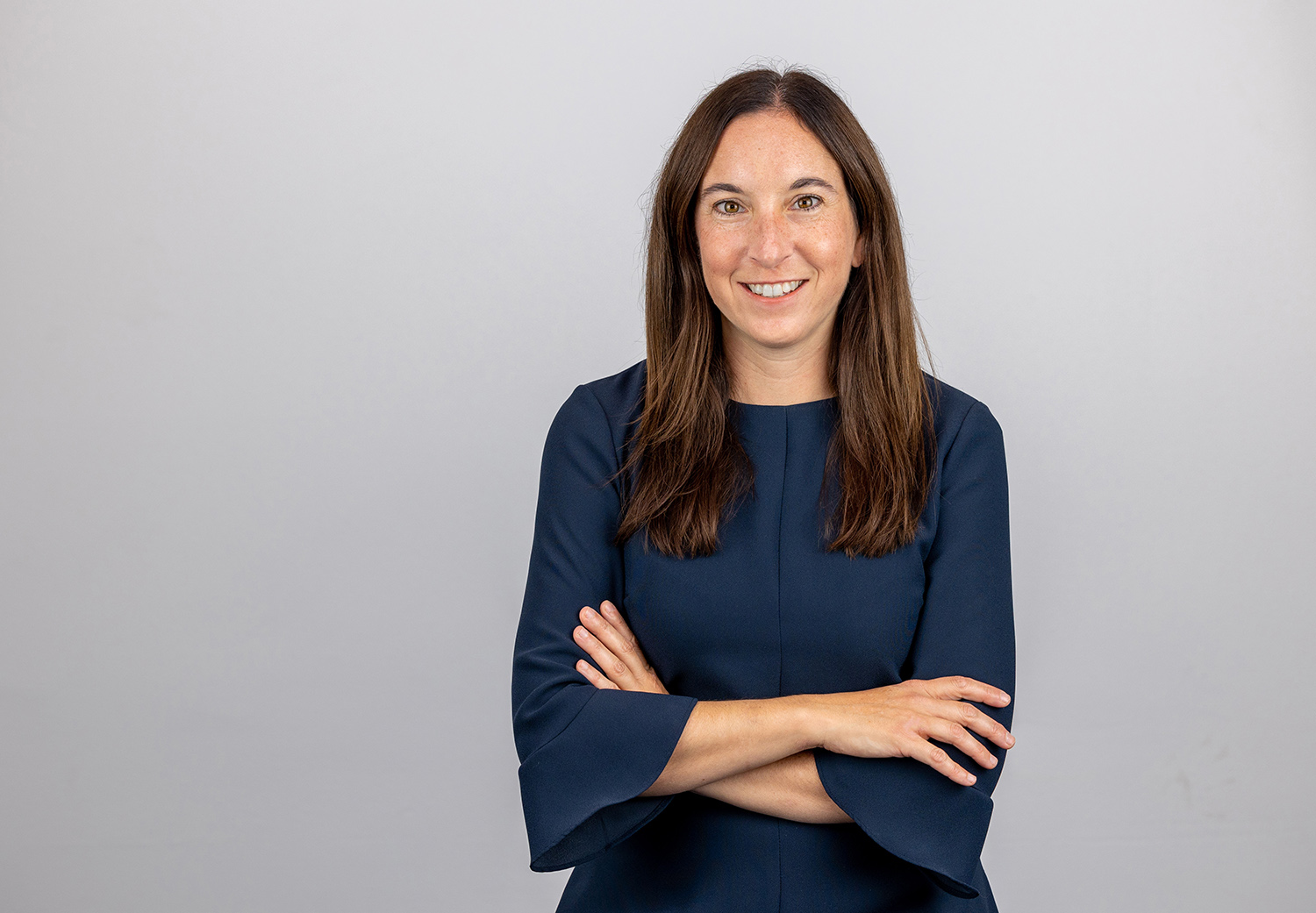
Margaret Kwoka
Lawrence “Larry” Herman Professor in Law
Living the dream: Kwoka’s career path came into focus during her first year at Northeastern University School of Law. “I can still picture the classroom and the day,” she recalls. “I was looking at my professor, and I thought to myself, ‘One day, I want to do that. That’s what I want to do right there.’” Today, Kwoka has achieved that goal. A faculty member at the Moritz College of Law, Kwoka has broad influence as a researcher, teacher and advocate, just like the professors she once idolized. “This is the dream,” Kwoka says. “I arrived, and it is every bit as good as I hoped it would be.”
Government transparency: Kwoka is one of three law professors endowed by health care entrepreneur Kara Trott ’91 JD, who gave the university $4 million in 2021 to, in part, fund the positions. In 2021, Kwoka published Saving the Freedom of Information Act, a book that documents how a law intended for government oversight has instead become a vehicle for those seeking private economic gain. For her next book, Kwoka is collaborating with counterparts around the world to explore how transparency laws have fared under populist governments. She says her endowed professorship has helped her build upon her research and connect with colleagues. “It’s really been meaningful to my career in terms of the work I want to do,” she says.
Learn more about Kwoka on her Moritz College of Law webpage.

Ange-Marie Hancock
ENGIE-Axium Endowed Professor of Political Science
Women’s basketball: After graduating from New York University in 1990, Hancock took a job working for the NBA. There, league officials enlisted her to research an interesting question: Would it be viable for the men’s pro basketball league to start a women’s offshoot? Hancock spent several months looking into the question, including a survey of Ohio State and 24 other top women’s collegiate basketball programs. That work provided a research foundation for the WNBA, which was founded 1996. By that time, however, Hancock had made her own big decision. Inspired by her WNBA research, she left pro sports to enroll in the graduate program at the University of North Carolina. “I was a social scientist before I knew I was a social scientist,” she says.
Coming home: A Worthington native, Hancock returned to Central Ohio in 2023 to accept her endowed position, one of five professorships supported by Ohio State Energy Partners, the university’s comprehensive energy management partnership, through a $9.5 million gift in 2018. By then, Hancock already was an accomplished scholar with an endowed position at the University of Southern California, where she worked for 14 years. But she was attracted to the Ohio State job because the new role came with a research budget, a perk her USC job lacked. Now, Hancock is writing a book called The Scope and Vision of African American Political Thought. This ambitious project traces more than 250 years of Black thinkers, including major figures such as Frederick Douglass and lesser-known folks such as Old Elizabeth, a 19th-century preacher and former slave. “She actually used the court system in Massachusetts to sue for her freedom, and the court system said, ‘You know what? You’re right.’”
Read more about Hancock on her Department of Political Science webpage.
